We’re excited to introduce you to the always interesting and insightful Dino Sardella. We hope you’ll enjoy our conversation with Dino below.
Alright, Dino thanks for taking the time to share your stories and insights with us today. We’d love to hear about when you first realized that you wanted to pursue a creative path professionally.
It happened when I was a little kid. Watching Anime and reading comic books was a true wake-up call. They made me realize quite soon that “storytelling” was the right path for me. I started to write my own episodes of the shows I liked, making up new characters and conflicts. That made me feel good about myself and made me feel in connection with the world around me. To this date, I still try to achieve that feeling and that connection through everything I do. It’s important to keep your inner child alive, that makes your adulthood even more interesting.

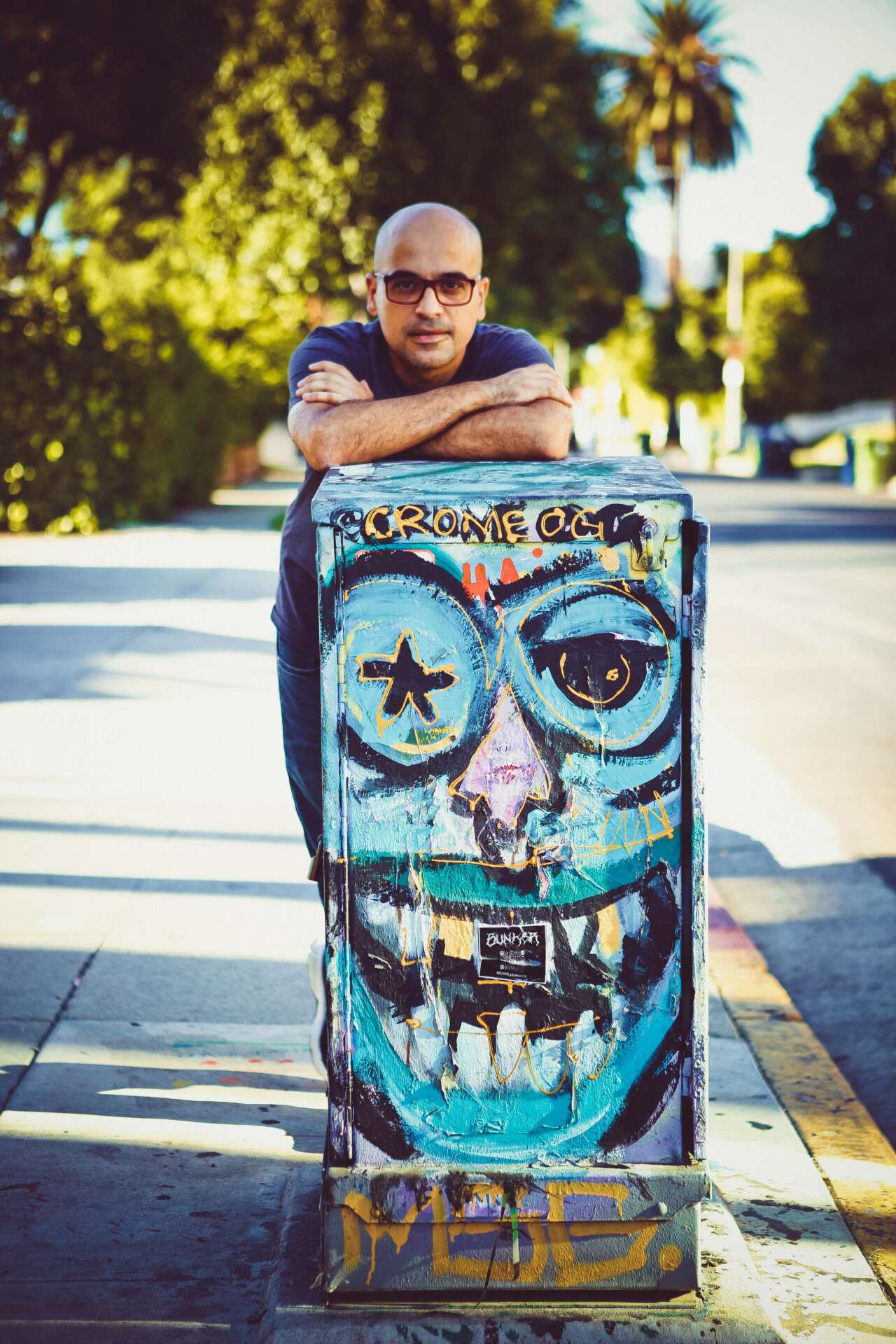
Great, appreciate you sharing that with us. Before we ask you to share more of your insights, can you take a moment to introduce yourself and how you got to where you are today to our readers.
My first experience in the industry was with theater. I always enjoyed watching plays because, to me, they always seemed to be the closest form to “imagination” that I could think of. The idea of switching your brain off for a couple of hours and just forgetting about the World while immersing yourself in the theater experience was, to me, a healthy way to feed your head with positive energy and recharge. When I moved to LA, my career directed me towards Film & TV but I still like to keep my “playwriting mindset” even when dealing with a different approach to production and storytelling.
Writing and producing a play is completely different from writing and producing a Film or a TV episode. Still, they all have one thing in common: the desire to create an unforgettable experience for the viewer. This is exactly what I always try to achieve when I work on my own projects, but also when I am hired by other Directors or Producers to help them with their own visions.
Through my collaborations, I had the chance to learn the different languages of Entertainment (commercials, short films, features, documentaries, etc.) and I genuinely love brainstorming ideas and helping other creatives to bring their visions to life, draft after draft, and meeting after meeting.
Researching is also a big part of the game. Last year I was hired to write a script based on a true story in Europe in the early 1940s. I spent months reading history books and watching films from those times because it wasn’t just about telling the story of a specific character but also creating the right environment around them, the way people used to talk and interact with one another, lifestyle, and communicate, everything was different back then and this needed a deep dive into a culture that is now very far away in time and in social behaviors. It was a long and challenging process but very rewarding. The Director had a clear idea of what he wanted and what direction the story was supposed to take. He was also very specific with the type of storytelling he was picturing for the film, and I am very happy that I helped him to bring his passion project to life.
At the end of the day, I feel that this is the part of my job that I enjoy the most, to help bring stories to life, and always in different forms because creativity and entertainment always happen in different forms.
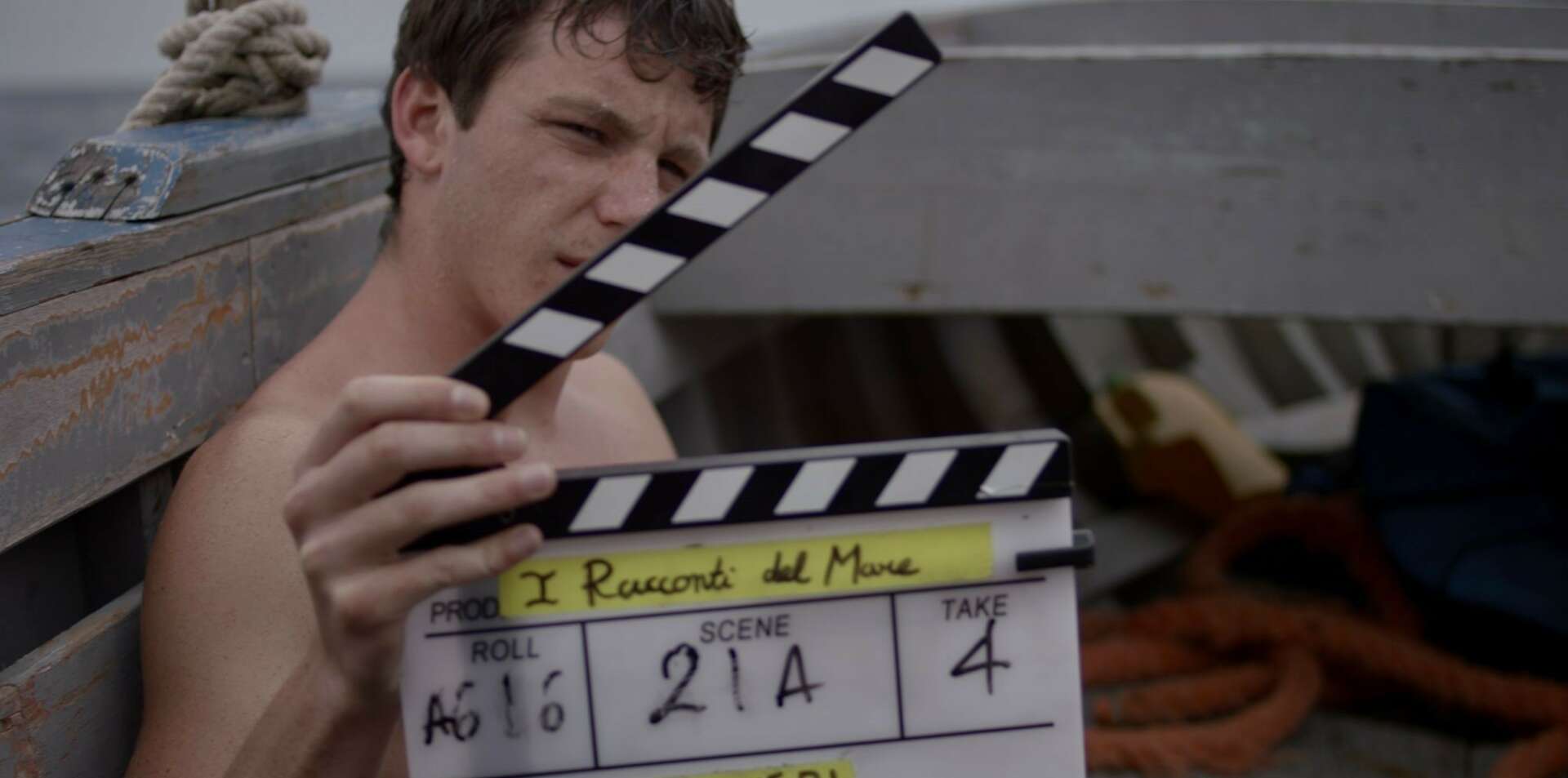
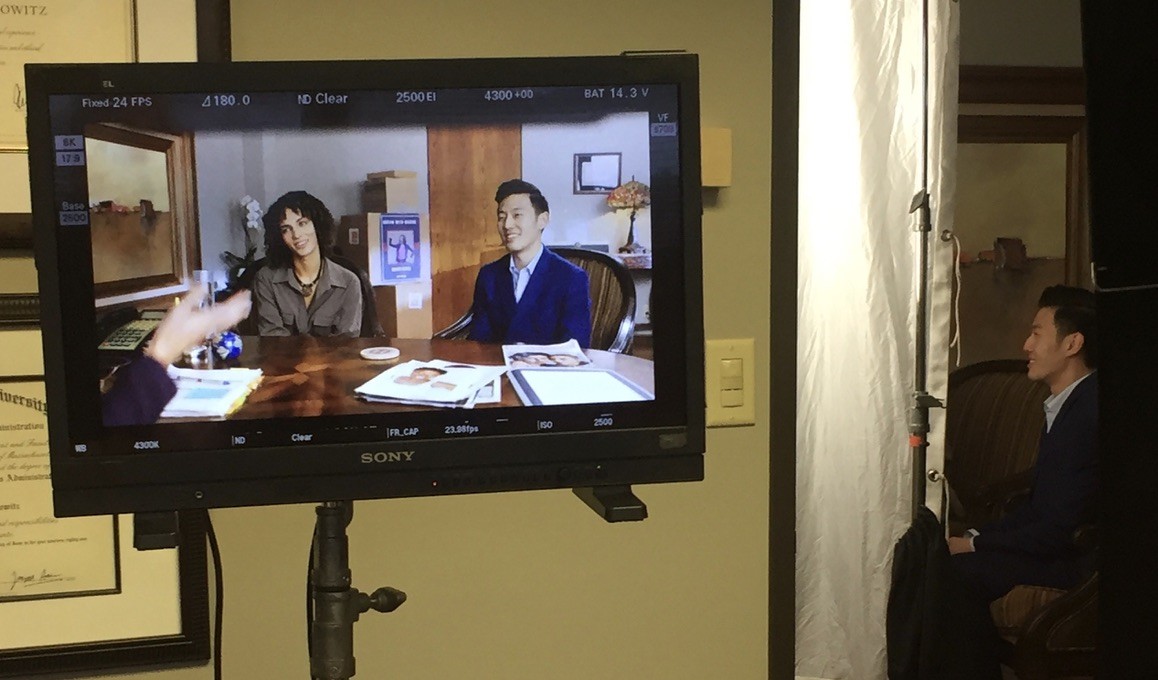
Is there a particular goal or mission driving your creative journey?
My goal is to improve, constantly. This is what really keeps me going, the willingness to prove to myself that tomorrow I can be better than I was yesterday. Of course, this comes with a lot of hard work that doesn’t mean only “studying and practicing” but also “connecting” and -unfortunately- “failing”. I think that the way you face your failures tells a lot about the way you will improve as a person and, in some cases, as an artist/creative.
I think that my mission, just like for every writer/producer who works in this business, is to be able to put out in the World new and challenging content that viewers can either connect with or just simply use to escape from their everyday stress.
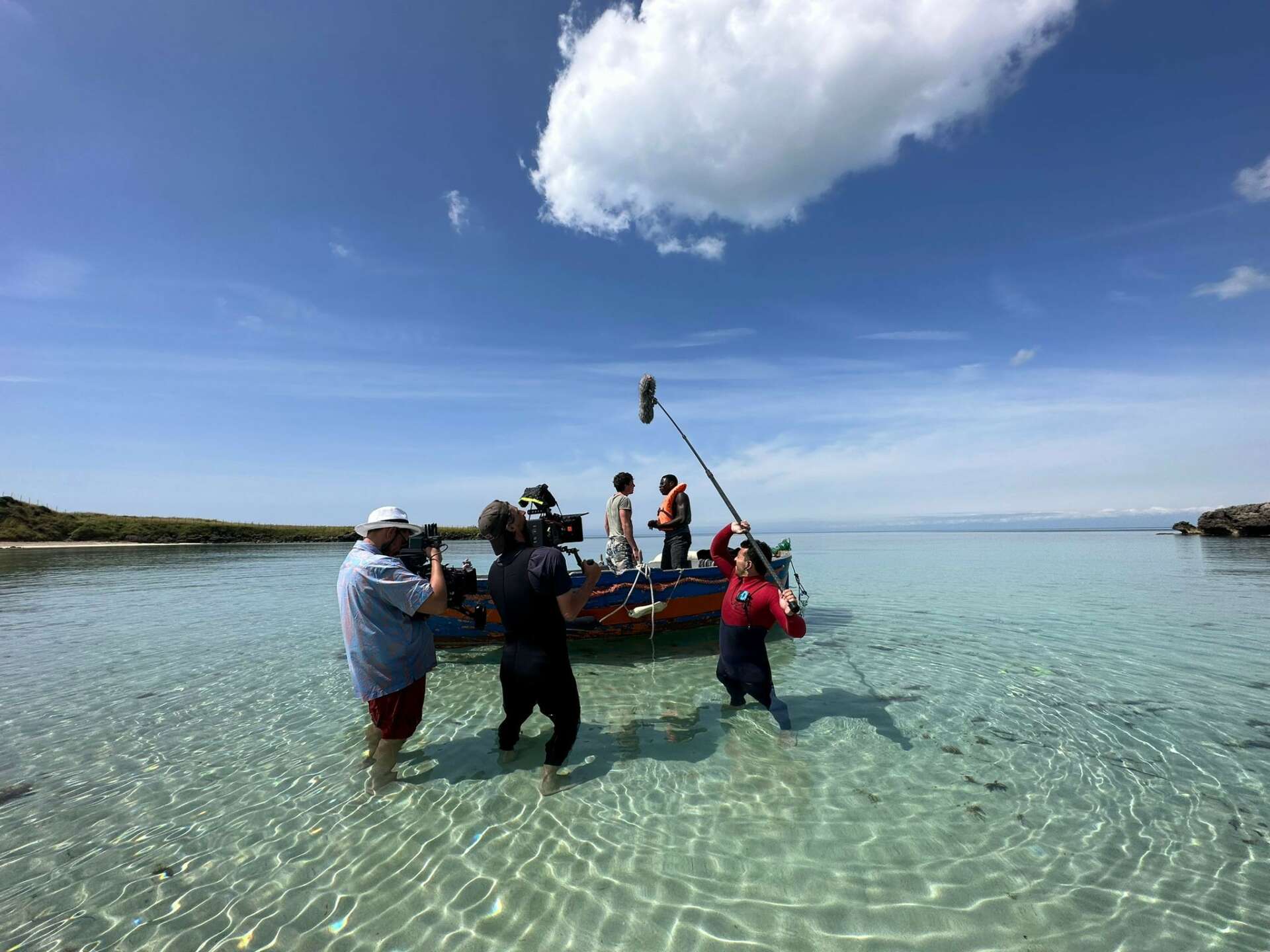
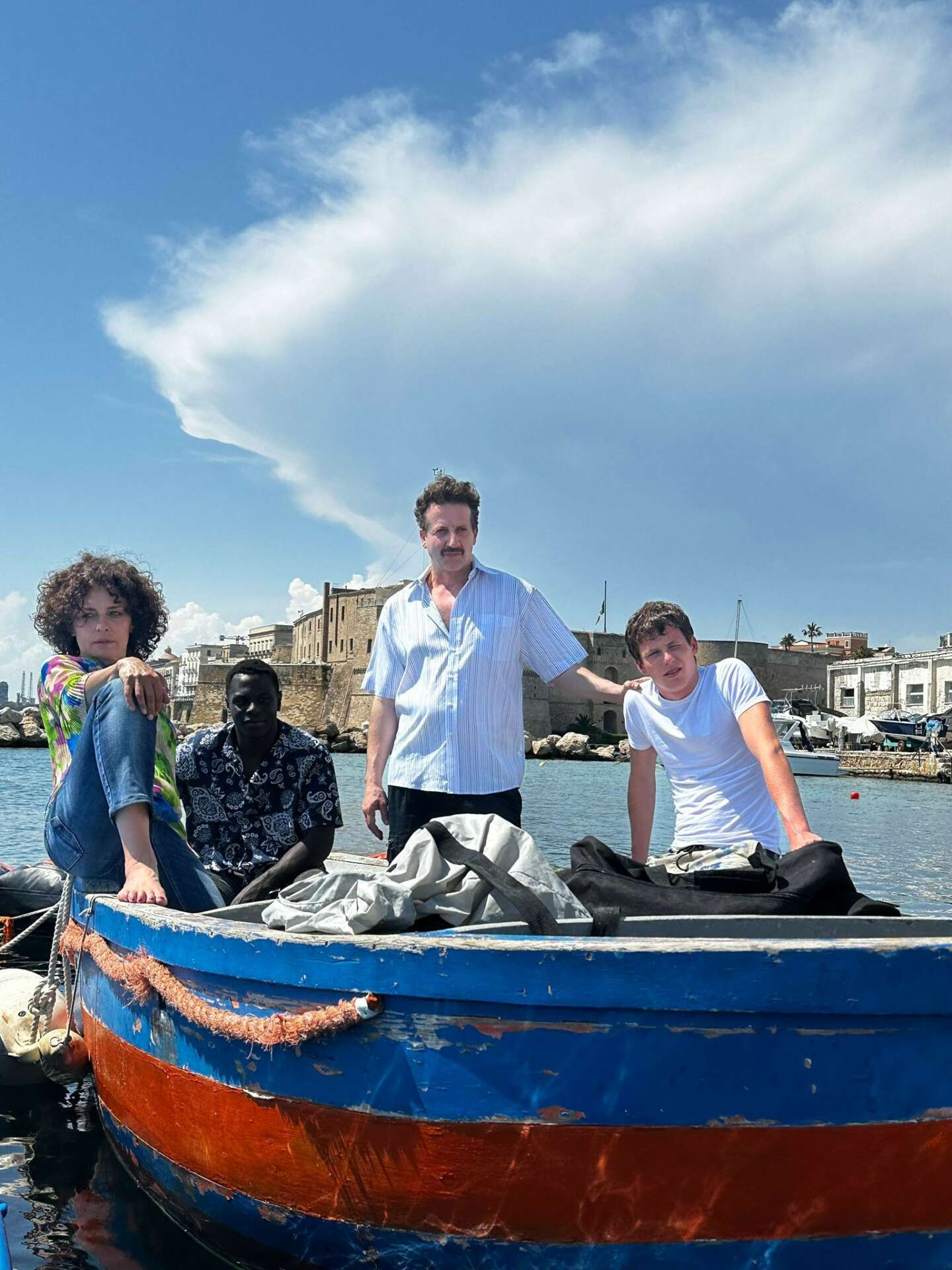
In your view, what can society to do to best support artists, creatives and a thriving creative ecosystem?
Supporting indie filmmakers is very important because, through independent films, viewers can have access to specific stories, cultures, and unknown social dynamics that are difficult to find in mainstream media. In a way, indie films mirror our society more than big productions and it’s important to preserve the cultural impact that independent filmmakers have.
Giving a platform for independent artists to showcase their work is a good starting point. There are a lot of great Indie Film Festivals around but most of them are unknown. I think that, for example, would be an important step, for Theaters all over, to dedicate at least one room to independent foreign films, to give a chance to curious audience to access something different and see how films are made elsewhere.
This will, not only, support more artists but will also create a diverse film program that would show the viewers that sometimes, the most precious gems are hidden and maybe, one of those hidden gems will be the reason why one (or hopefully more) little kid will want to pursue a creative career.
If you only show one side of the story, not everyone can find it inspirational, but if you diversify, you can strike more chords.
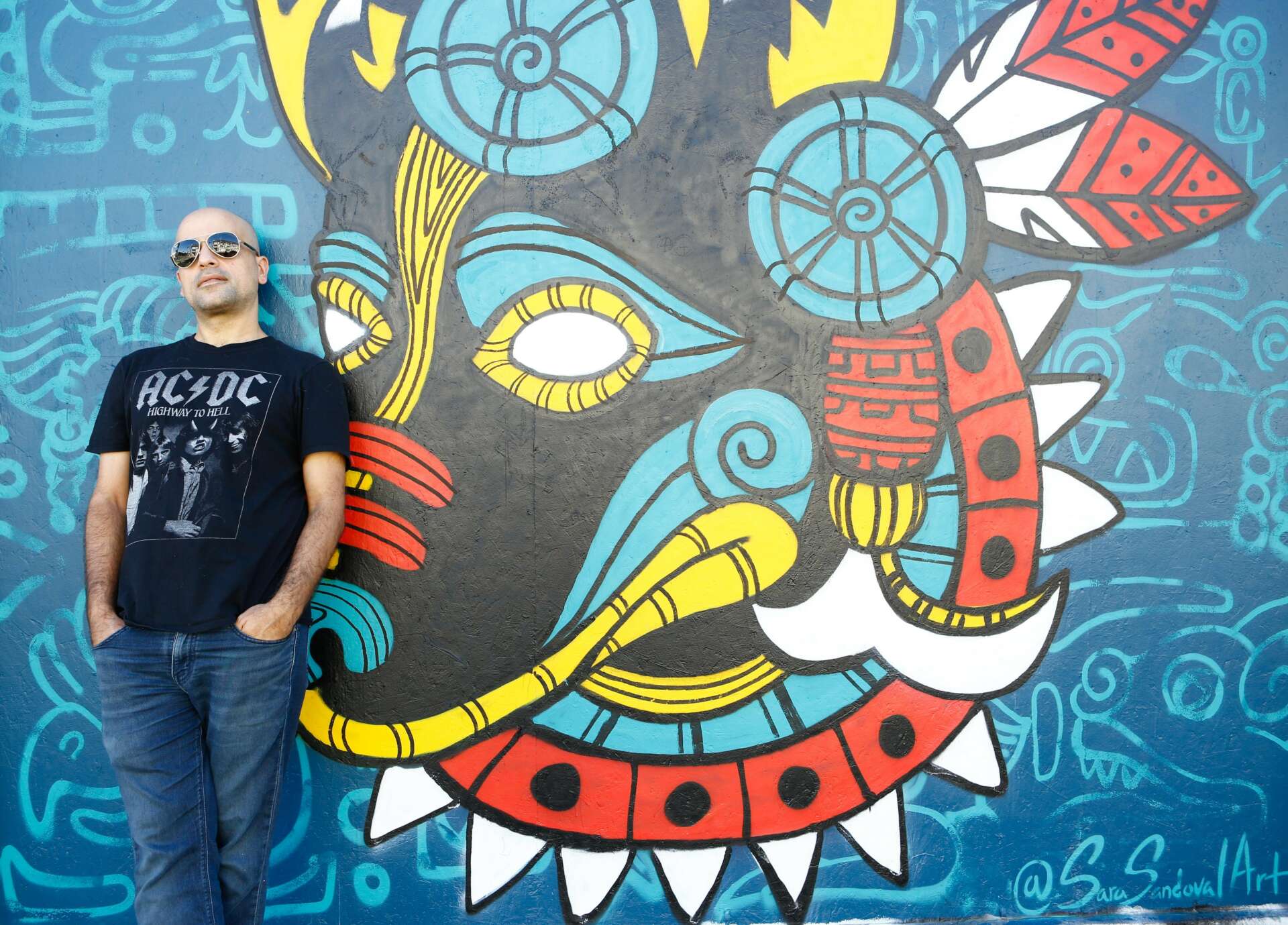
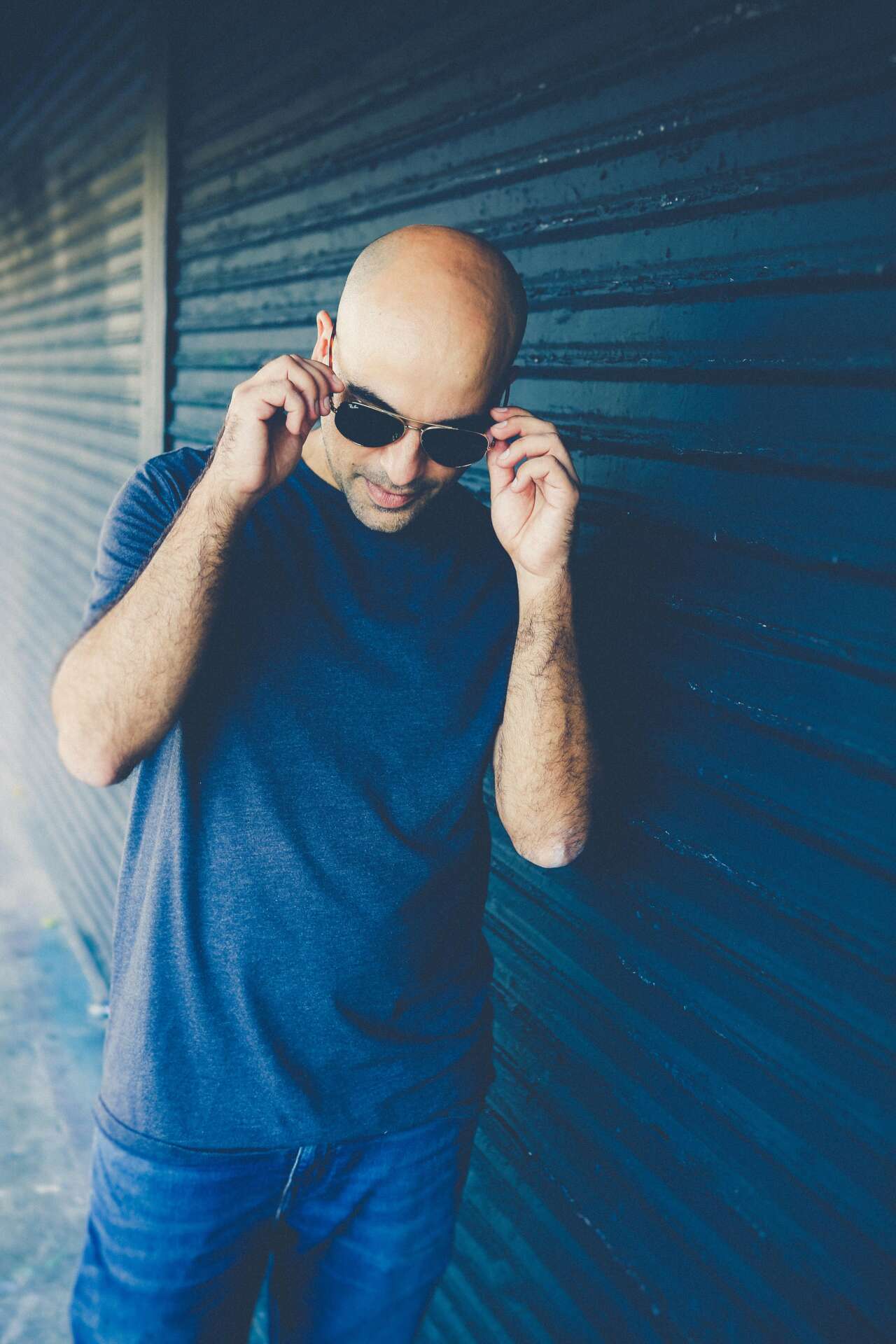
Image Credits
Alice Esposito Broadvision Pictures Luca Severi Production Group


